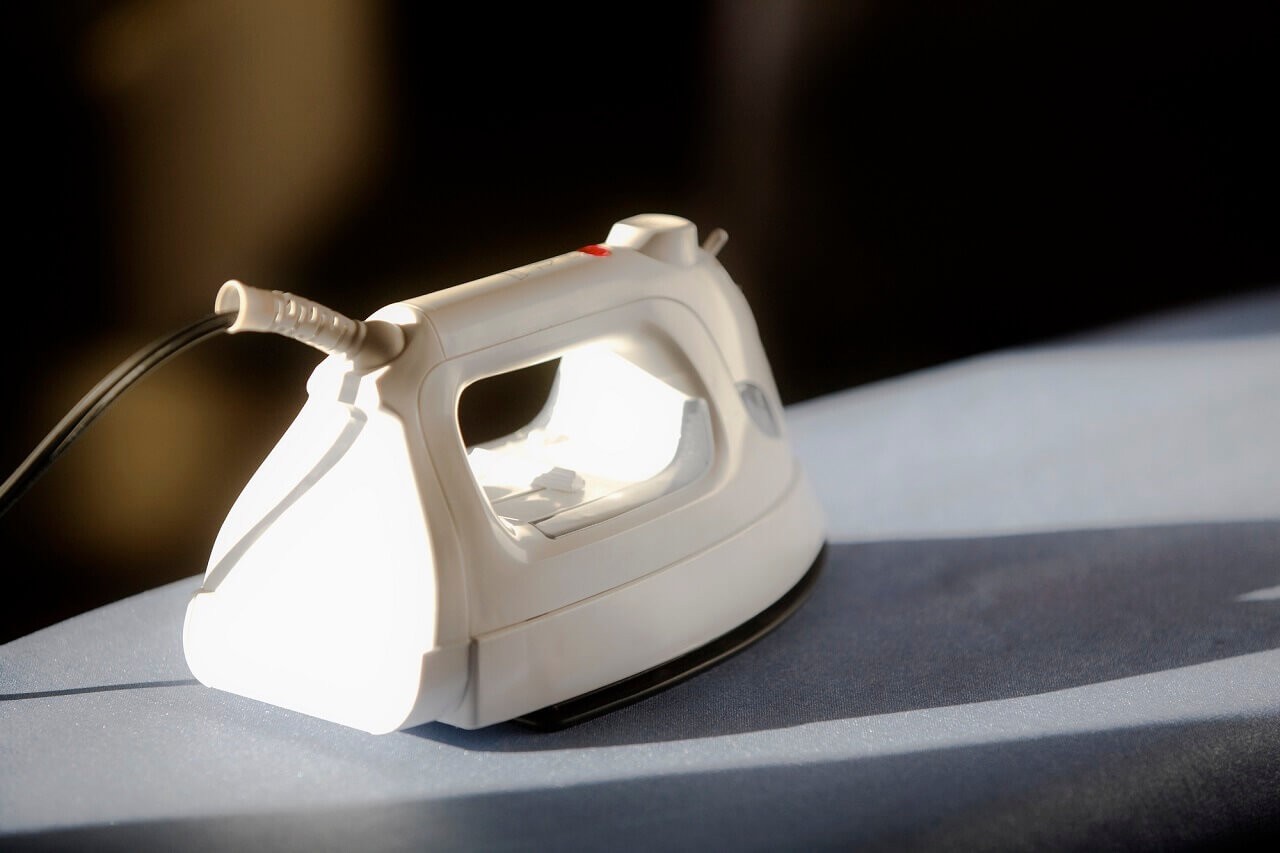House fires are not just in movies and television. They happen all over the United States every year in alarming numbers. The National Fire Protection Agency reports approximately 374,000 homes catch fire every year.
While the financial damage is devastating -- around eight billion a year -- it's the lives in danger that create a need for fire safety plans. Approximately 12,000 people are injured in fires, or worse, killed annually.
You can't entirely eliminate house fires, but with proper prevention, you can eliminate risk factors.
Have an Escape Plan
Don't risk your family not knowing what to do if a fire breaks out. It's normal for panic to rise in these situations -- in kids and adults -- but if your family is prepared with a plan, it lessens the likelihood of not knowing what to do, even amid fear.
It's important to remember that with any fire, get out first and then call 911.
- Create and practice a plan. It's important every member of your family knows this plan and can comply with it alone
- Choose a place to meet outside. Ensure it's not so far people could get lost, but far enough that you'll be out of harm's way if the fire spreads or the residence falls
- Make sure your plan includes two ways out of any room
- Smoke from fires is very toxic. Teach kids to "get low" and crawl under the smoke layer, even if they can't see it. You should do the same
- Practice feeling knobs, doors, and cracks under doors for differences in temperature to instill the need to check before someone opens a door that could be hiding a deadly backdraft or the source of the flames
If you live in apartments
The above is crucial even in apartments, but keep these points in mind, too.
- Learn where all fire escapes are
- Know where all fire alarm pulls are and how to activate them
If You Get Stuck Inside
Any number of things can create this dire situation, but there are things you can do to protect yourself.
- Cover vents and door cracks with blankets/towels/shirts to keep the smoke from getting into the room.
- Go near a window and signal for help with a flashlight. Do not open it as oxygen feeds fires. Let the firefighters handle that.
Fire Alarms
Fire alarms are critical not in preventing fires, but in saving lives. A working fire alarm can reduce the risk presented by fires by 50 percent. That's not a small number and makes a clear case for the importance of fire alarms.
- Install smoke alarms on every floor of the home
- Install them outside every room as well as in every bedroom
- Use daylight savings time as a reminder to check all batteries in fire alarms
- The best fire alarms will have a ten-year battery
Fire Prevention Tips
Now that you've seen the plan, let's talk about some ways you can prevent a fire from breaking out under your roof.
Kitchen and Cooking Safety
It shouldn't be surprising that 40 percent of reported house fires are traced back to the kitchen -- mostly from cooking accidents.
- Keep towels, books, and flammable objects away from stoves whether they are electric or gas burning
- Do not leave stoves or ovens on if you leave the house
Fireplace and Heating Safety
Though excellent to keep cozy on cold nights and to keep your heating bill down in the winter, fireplaces can, and do, cause a handful of house fires. Heaters also produce about 16 percent of residential outbreaks.
- Always use a protective screen around fireplaces
- Burn seasoned hardwood -- oak, maple, and ash
- Keep space heaters at least three feet from anything flammable
- Always turn off space heaters when you leave
Outlet Safety
Overloaded outlets, troublesome extension cords, and even just incorrectly wired outlets, spell trouble.
- Spread out plugged-in items if you can
- Be conscious of how many watts you plugin at any time
- Ensure all wires are covered with an electrical outlet cover
All safety tips here are for both indoor and outdoor outlets. Outdoor, kitchen, and bathroom outlets should also be equipped with a ground-fault circuit interrupter (GFCI).
Candle Safety
Though it might seem silly, candles lead to a high number of fires. They're not just pretty to look at and smell, they can have dire consequences.
- Always burn twelve inches from flammable items
- Always blow candles out when you leave
- Keep matches and lighters in a cool, dry place out of the reach of kids
What It All Means
Though the above tips won't 100 percent eliminate the possibility of a fire starting in your home, they will help you reduce your fire risk and safely evacuate if a fire does occur. Be safe, get your plan together, and prepare your home.

